Pakistan has launched air strikes against Iran. What preceded it?
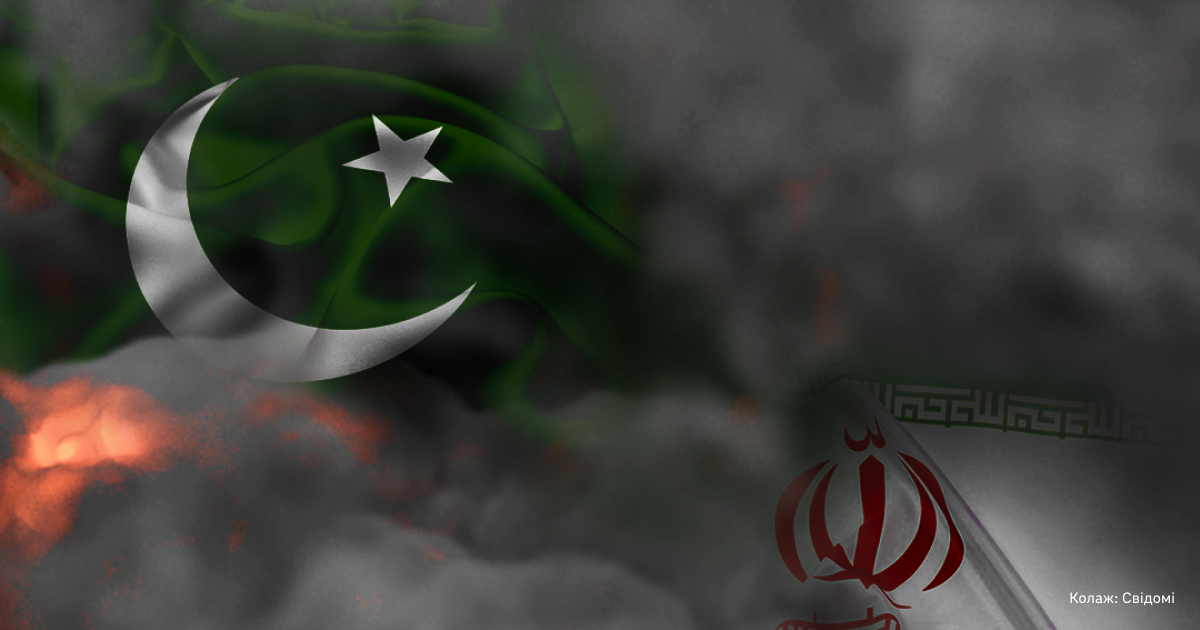
What happened?
On January 18, the Armed Forces of Pakistan conducted strikes against "militant groups" in Iran. Four children and three women were killed in the strike, Deputy Governor of Iran's Sistan and Baluchestan Province Alireza Marhamati said.
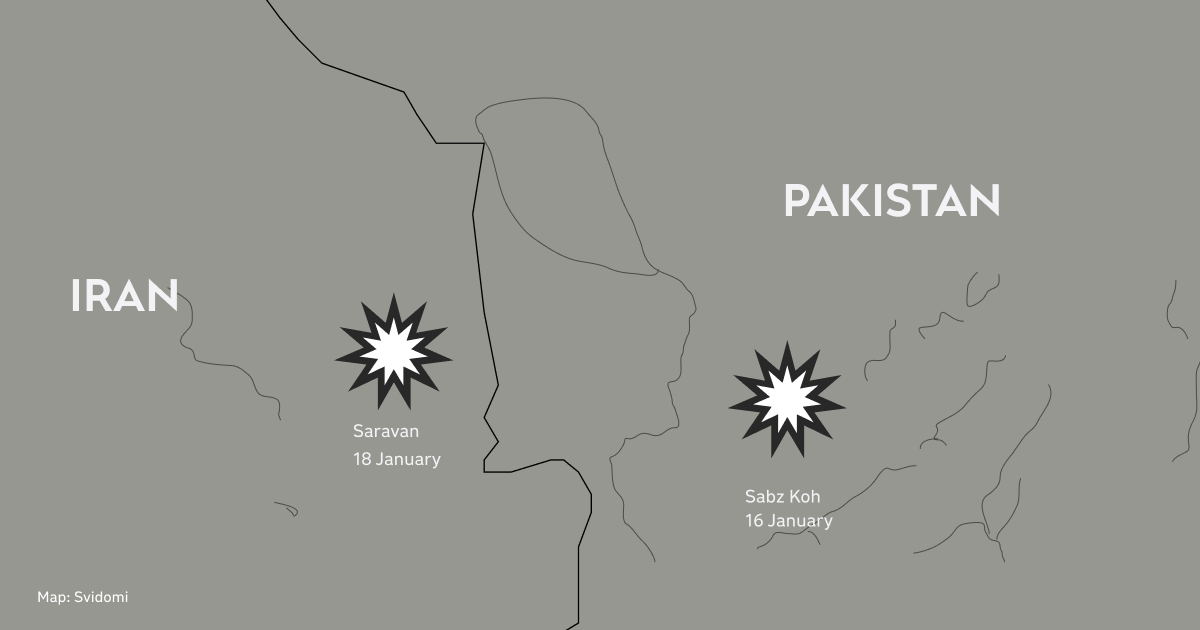
"This morning, Pakistan carried out a series of highly coordinated and specifically targeted precision military strikes against terrorist hideouts in Iran," the statement said.
Pakistan reported that it respects Iran's sovereignty and territorial integrity and that the purpose of the attack was to achieve "Pakistan's security and national interests, which are paramount".
What preceded it?
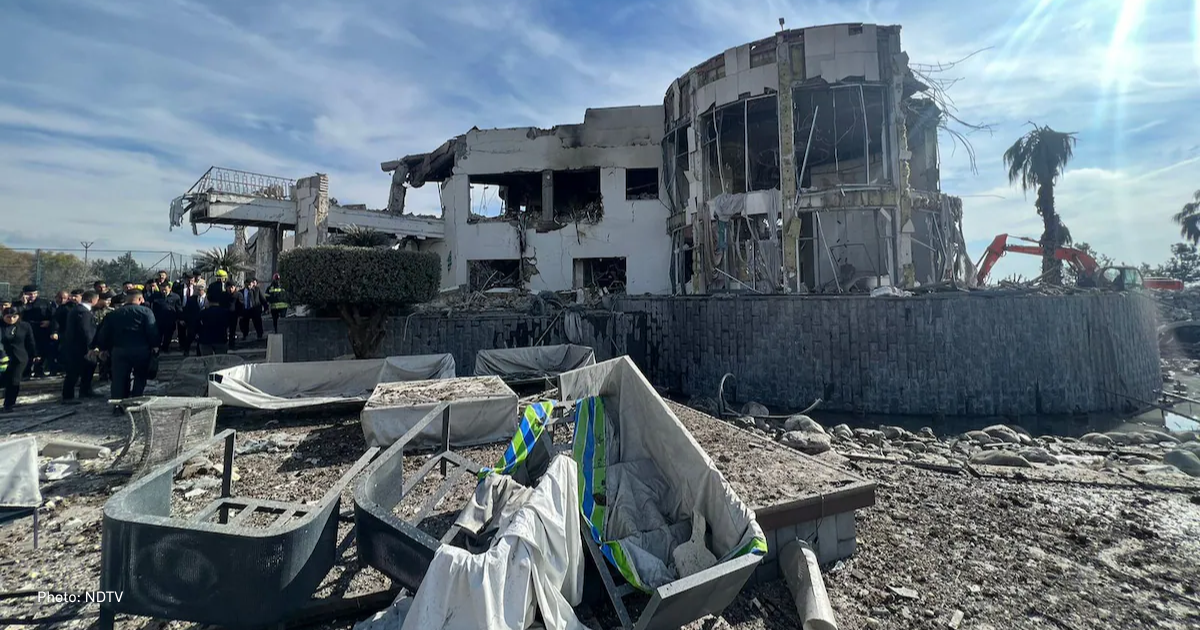
On January 16, Iran launched a missile attack on two headquarters of Jaish al-Adl (a Sunni militant group considered by Iranians to be a terrorist group — ed.) on the territory of Pakistan. Two children were killed, and three other people were injured.
The missile strike on Pakistani areas near the Iranian border was directed against the Jaish al-Adl group, and no Pakistani citizens were targeted, said the Iranian Minister of Foreign Affairs.
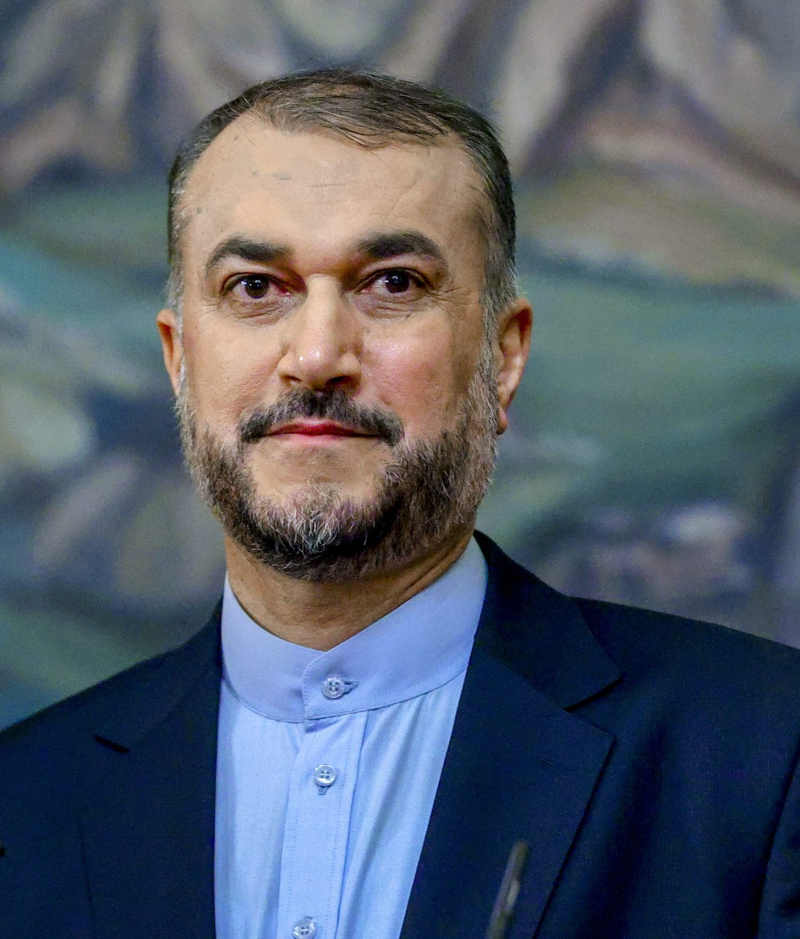
The members of the terrorist group are Iranians, and Tehran (the Iranian capital — ed.) has repeatedly warned Pakistan about the need to prevent their anti-Iranian cross-border operations,
Iranian Minister of Foreign Affairs Hossein Amir-Abdollahian said in Davos.
Pakistan has declared such actions illegal and has put the country's armed forces on "extremely high" combat alert because of the Iranian shelling. The Pakistani Foreign Ministry condemned Iran's "unprovoked violation of the country's airspace". Pakistan recalled its ambassador from Tehran after the missile strike.
They also warned that the incident could have "serious consequences" and was "completely unacceptable".

Iran's motivation for attacking Pakistan remains opaque, but in light of broader Iranian behaviour in the region, it can escalate,
Asfandyar Mir, a senior expert on South Asia security at the U.S. Institute of Peace, told Reuters.
Who is Jaish al-Adl, and why is there a conflict in Balochistan?
Balochistan is a historical region on the northern coast of the Indian Ocean, divided into provinces that are part of Afghanistan (Helmand, Kandahar), Iran (Sistan and Baluchestan) and Pakistan (Balochistan Province).
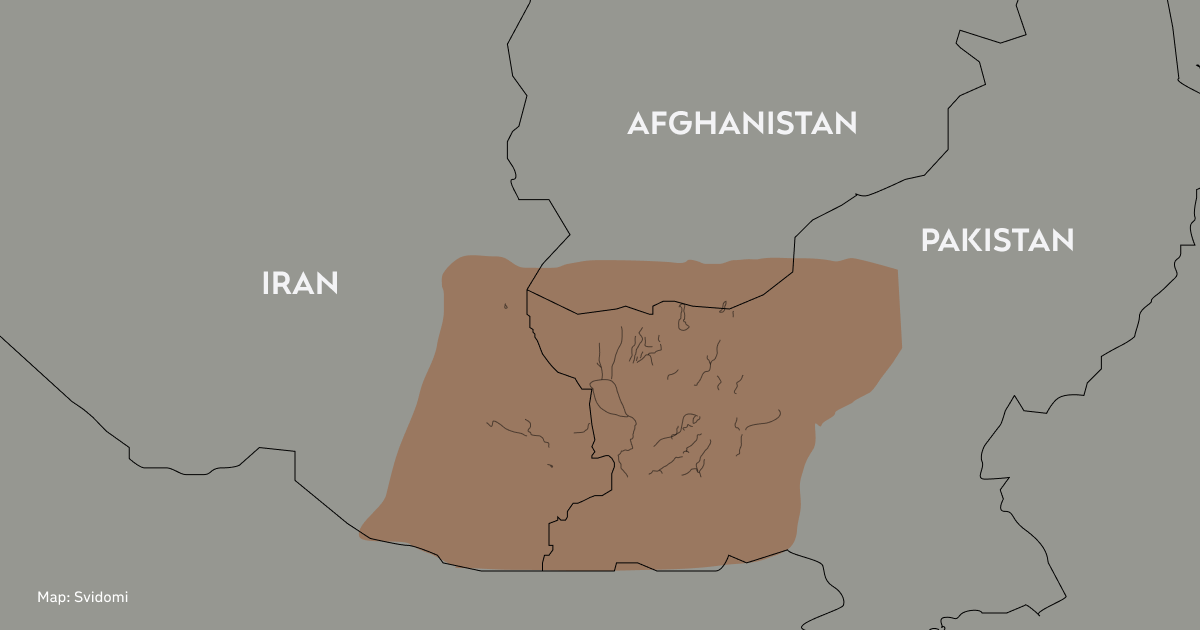
There has been a conflict here for decades since 1948 (the formation of Pakistan and the partition of the territory — ed.). The governments of Iran and Pakistan are opposed by Baloch nationalists seeking independence for the divided people.
For years, they have resented being ruled by Islamabad (the capital of Pakistan — ed.) or Tehran. As a result, various terrorist groups emerged in the region. In particular, there was the Sunni militant group Jundallah (which disintegrated after the execution of its leader in Iran in 2010 — ed.).
The Jundallah militants kidnapped Iranian officers and carried out terrorist acts against critical infrastructure and civilians in the Balochistan province of Pakistan.
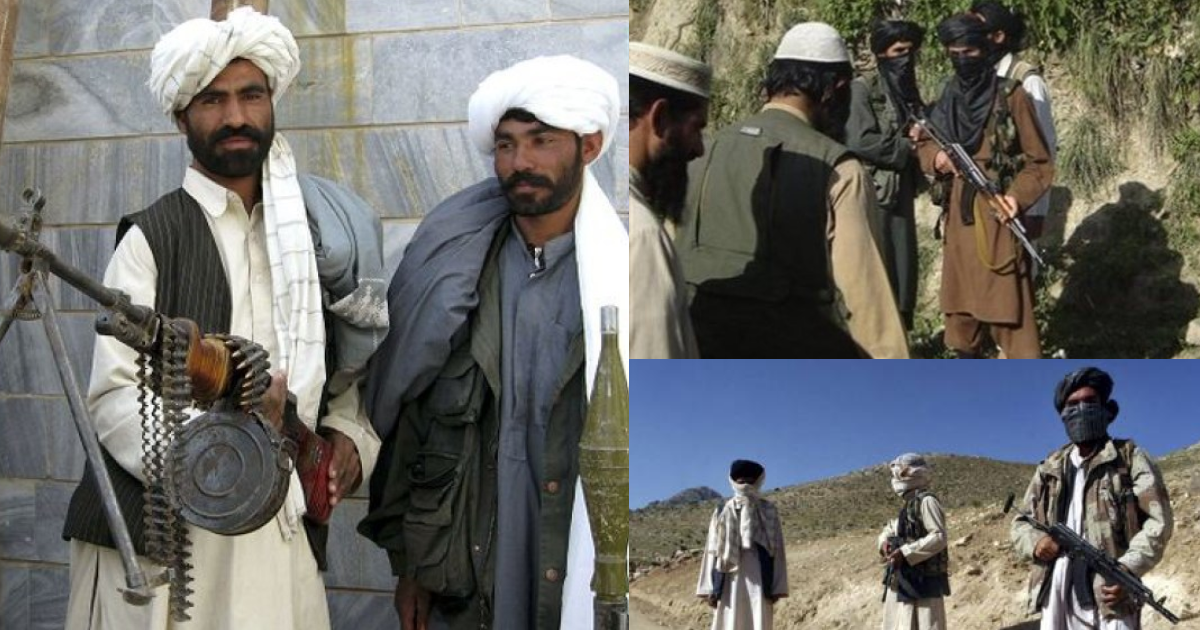
Jaish al-Adl, or Army of Justice, is a separatist group that operates in the border areas of Iran and Pakistan. Their goal is the independence of the Iranian provinces of Sistan and Baluchestan. It used to be part of Jundallah.
Previously, Jaish al-Adl has carried out attacks on Iranian security forces near the border with Pakistan. For example, in December 2023, the group claimed responsibility for an attack on a police station in Sistan and Baluchestan. At least 11 police officers were killed.
Pakistan reported that in recent years, it had expressed concerns to Iran about the "safe havens and sanctuaries" of Pakistani separatist militants in Iran.
"However, because of lack of action on our serious concerns, these so-called Sarmachars (as Jaish al-Adl militants are called in Pakistan — ed.) continued to spill the blood of innocent Pakistanis with impunity," the Pakistani Foreign Ministry said.
US State Department spokesperson Matthew Miller stated that Washington is working to prevent tensions in the Middle East from escalating into a full-scale conflict.


